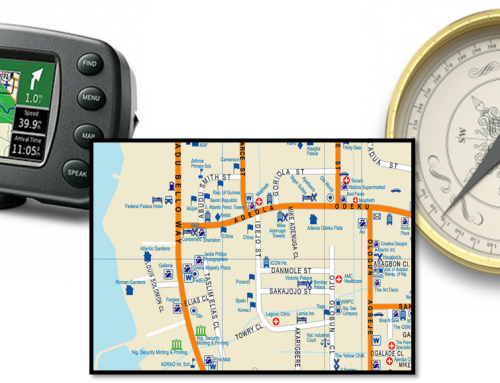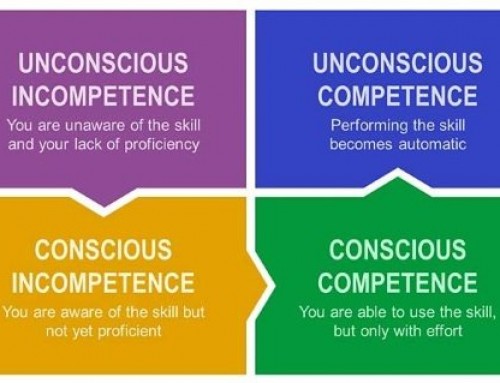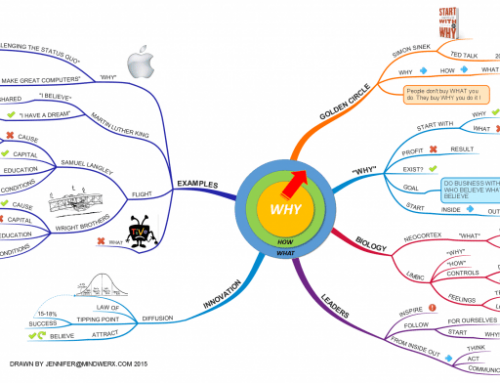 I recently reread Robert Epstein’s article in Scientific American Mind magazine (Nov/Dec 2010) which explores what makes a good parent. Epstein conducted a scientific analysis that “ranks the 10 most effective child-rearing practices. Surprisingly some don’t even involve the kids”.
I recently reread Robert Epstein’s article in Scientific American Mind magazine (Nov/Dec 2010) which explores what makes a good parent. Epstein conducted a scientific analysis that “ranks the 10 most effective child-rearing practices. Surprisingly some don’t even involve the kids”.
As a parent, Aunty of 10 and someone who works with parents and children there is much conflicting information. It is pleasing to see a simple list that we can all relate to and apply on a daily bases.
Epstein identified 10 competencies that predict good parenting outcomes, listed roughly in order from most to least important. The skills, all derived from published studies – were ranked based on how well they predict a strong parent-child bond and children’s happiness, health and success.
1. Love and affection – You support and accept the child, are physically affectionate, and spend quality one-on-one time together
2. Stress management – You take steps to reduce stress for yourself and your child, practice relaxation techniques and promote positive interpretation of events
3. Relationship skills – You maintain a healthy relationship with your spouse, significant other or co-parent and model effective relationship skills with other people.
4. Autonomy and independence – You treat your child with respect and encourage him or her to become self-sufficient and self-reliant.
5. Education and learning – You promote and model learning and provide educational opportunities for your child.
6. Life skills – You provide for your child, have a steady income and plan for the future.
7. Behavior Management – You make extensive use of positive reinforcement and punish only when other methods of managing behavior have failed.
8. Health – You model a healthy lifestyle and good habits, such a regular exercise and proper nutrition, for your child.
9. Religion – You support spiritual or religious development and participate in spiritual or religious activities.
10. Safety – You take precautions to protect your child and maintain awareness of the child’s activities and friends.”
Modeling Learning (#5) is one that we advocate strongly – if you want your kids to be creative (or even your team members) the best approach is to model the use of creative thinking tools and techniques in your day to day activities.
What do you think of Epstein’s list? Would you change the order or include any other item?
And in the coming year, what will you do to help your children be the best they can be, and achieve what they want to achieve?
You can download the full article here http://www.scientificamerican.com/article.cfm?id=what-makes-a-good-parent







Leave A Comment
You must be logged in to post a comment.